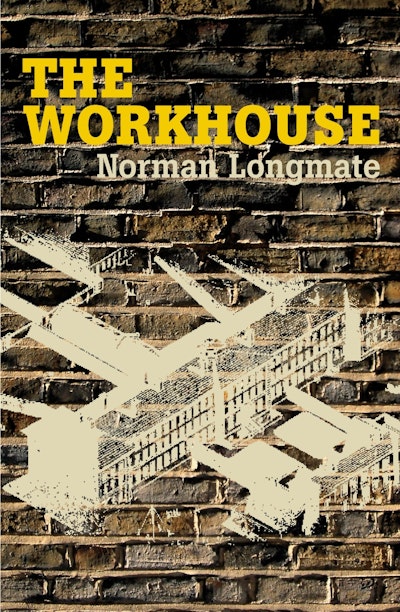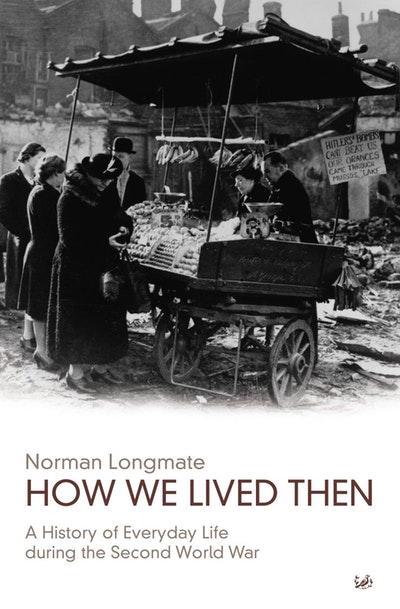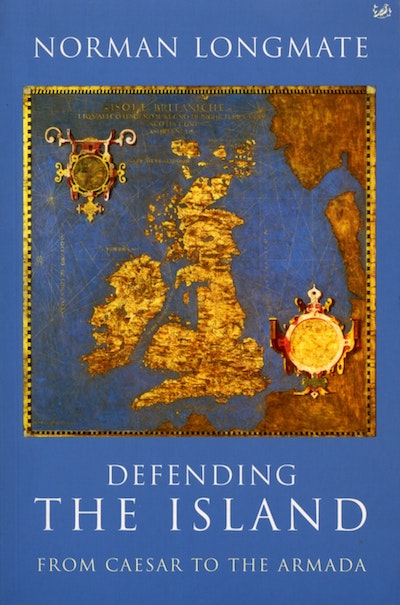Everyone has heard of the workhouse. But what exactly was it? Who went there? And how did an institution so universally hated come to be set up? Surprisingly, no full-scale history of the workhouse has ever been written. A year after the re-opening of the workhouse at Southwell by the National Trust, this book fills the gap and tells the full story from its first beginnings in Elizabethan times until the final reluctant demise of 'the union' in the 1940s.
The book concentrates, however, on the Victorian workhouse in the years of its tarnished glory. It describes the combination of circumstances which in the 1830s led to the opening of 600 new workhouses, against astonishingly little effective opposition, and it explains why radicals like Francis Place and humane reformers like Lord Brougham supported the New Poor Law, while a handful of Tories like Disraeli and arch-reactionaries like Colonel Sibthorpe fought against it. It records the riots, the protests, the pleadings, with which the poor challenged their virtual enslavement, and the misery of their daily life when they were finally incarcerated within the workhouse walls.
What did gruel taste like? Why was workhouse uniform so uncomfortable to wear? How did it feel to pound bones all day, or grind corn, or scrub floors? How was Christmas Day in the workhouse celebrated in reality? Norman Longmate has, by exhaustive research into long-neglected sources, managed to answer all these and many more questions, in the words of those who experienced the workhouse regime. All the essential facts - of legislation passed and numbers admitted - are here, presented in a concise and lucid form which will make this book valuable to the serious student, but they are illustrated throughout by a wealth of anecdote, which reveals in human terms the meaning of the laws and regulations which previous historians of the Poor Law have so often merely catalogued.




